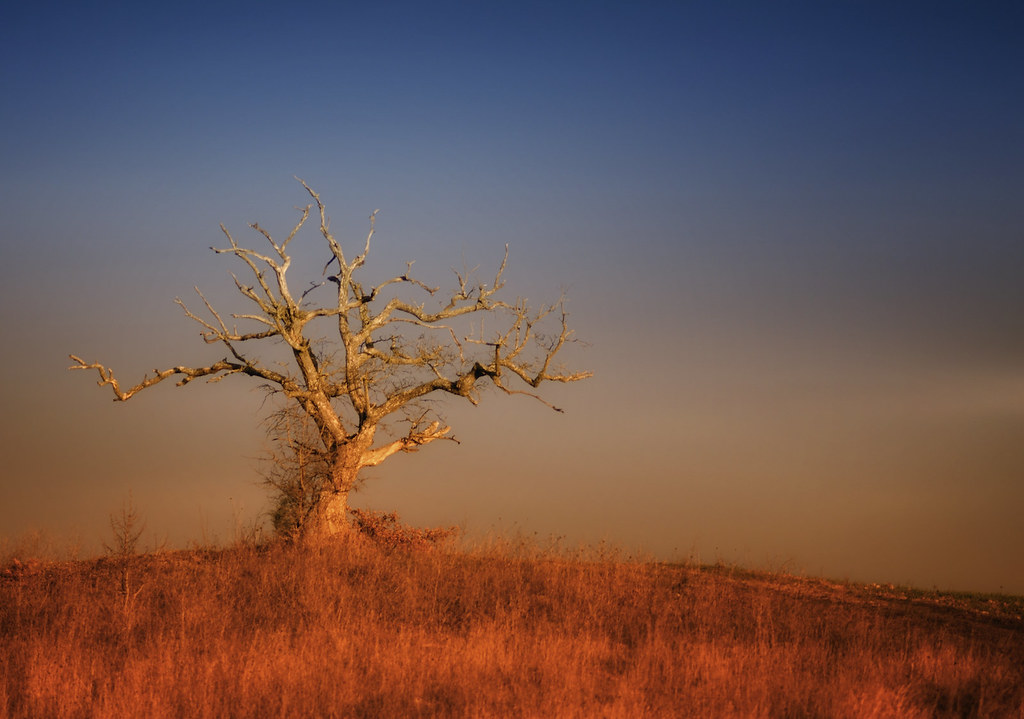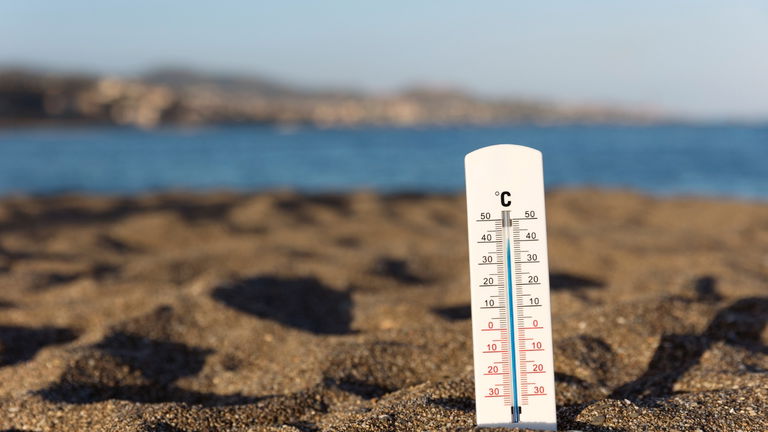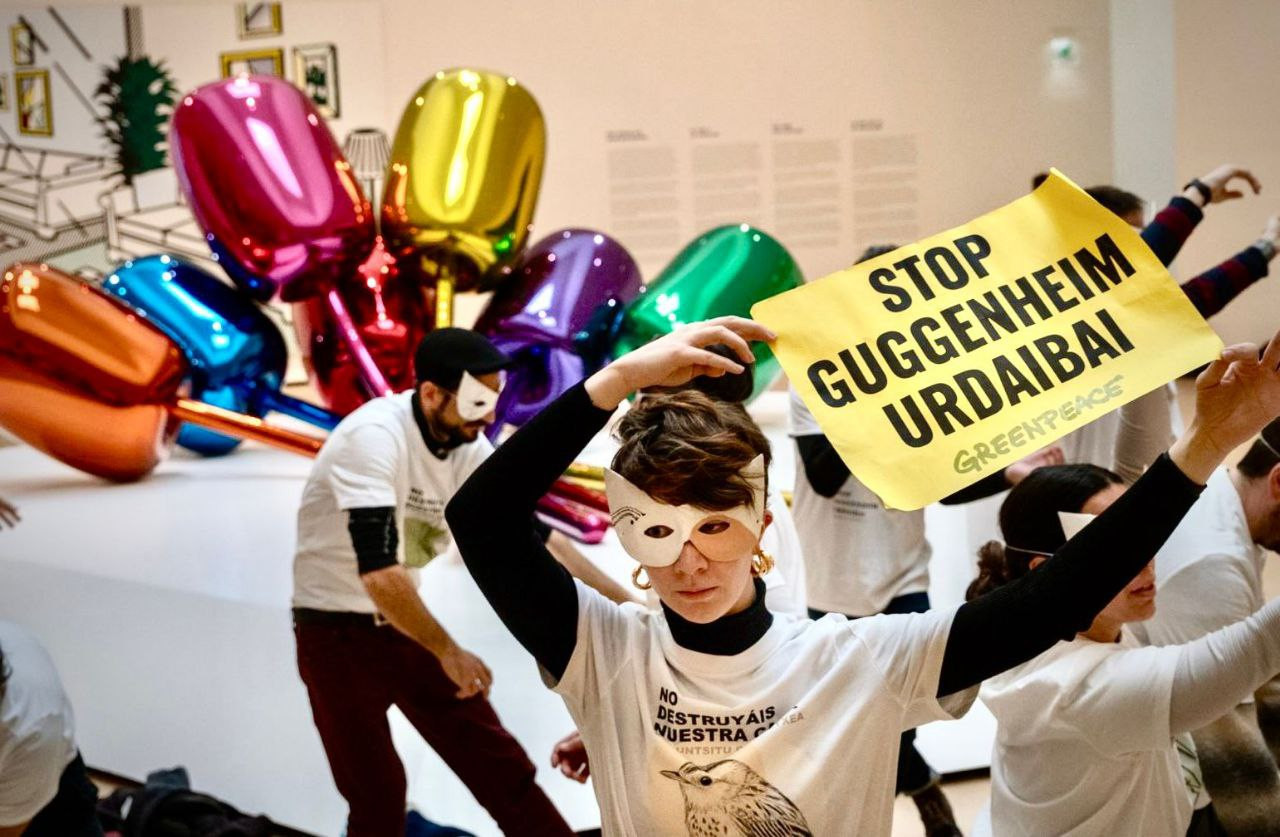The Welsh want to relieve their ecological debt, helping to plant 10 million trees in Uganda.
- It protects the goods we have, recovers those we have deteriorated for centuries and rewards the jobs to carry it out – what Protect, Restaure, Fund say in English. At the very least, these things are necessary for the world and the men of this world to come out aided by the drunkenness of the climate and the mass extinction of living beings. Because the protest against evil does not have to impede the struggle for good, Uganda has extended the echo of an attempt to revitalize forests.
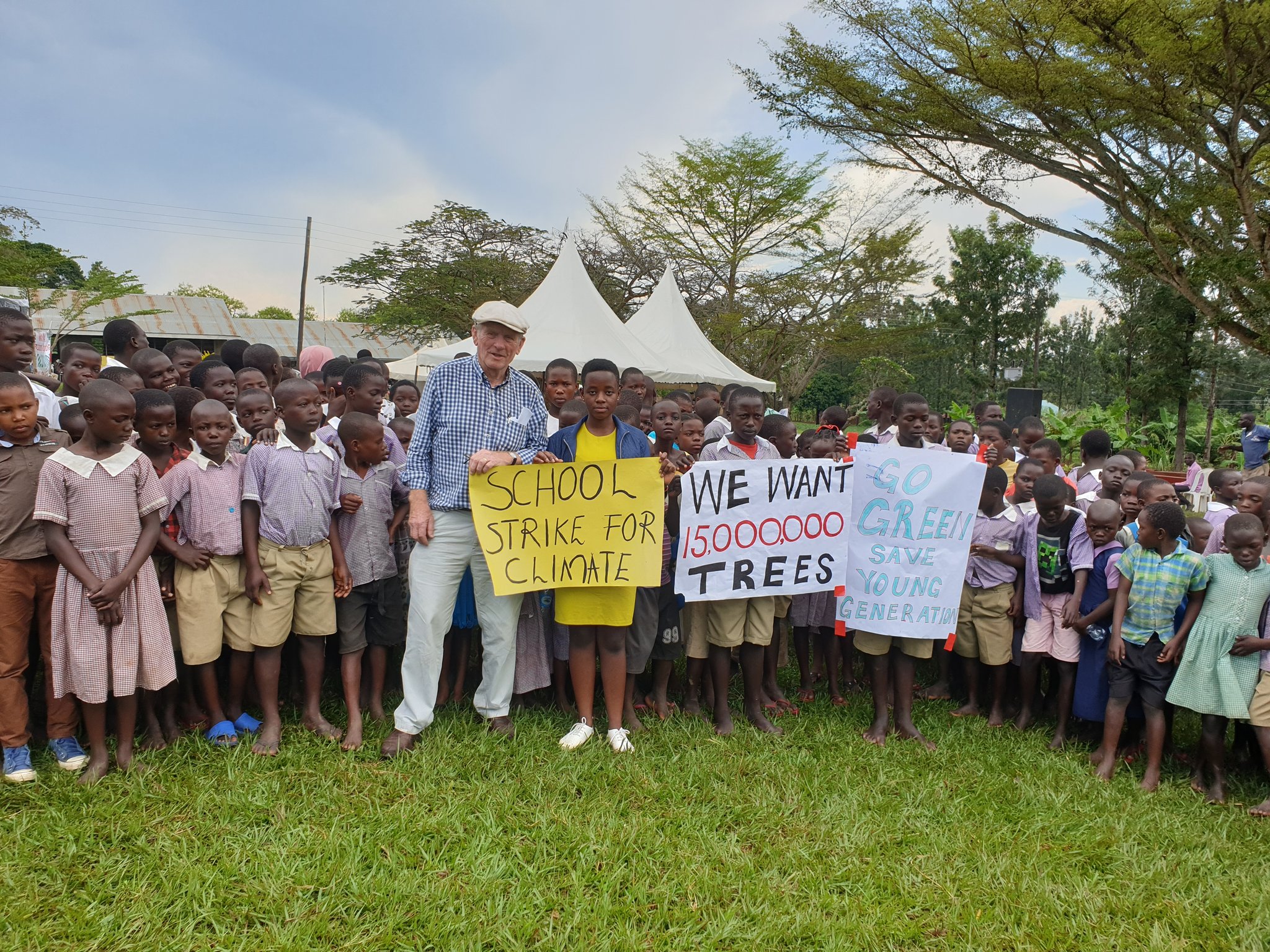
If humanity wants to survive climate change and mass extinction, it will not suffice to stop smoking fossil fuels, says Greta Thunberg in the video he has just released. What else to do? To start with, plant trees, “those machines that decarbonize the air, very cheap and grow on their own.”
On 11 October, he planted a ten-million tree in the Mbale region of Uganda along with Leah Namugerwa, a school in the village of Makunda. At the same time and on the same day, in Wales, Britain, Prime Minister Mark Drakeford was changing another tree. As co-financed by the Welsh forest repopulation programme in Mbale, Wales welcomed the successful restoration of a deforested area.
A special chronicle deserves Leah Namugerwa, 14, who has had a great impact on central Africa, along the line of the Fridays for Future movement in Thunberg, in Sweden. Namugerwa has been on a climate holiday every Friday for a year. In the messages she disseminates on social networks, there is a brave young woman concerned about all the hot social issues, from homophobia to plastic pollution. Tree planting is a people's birthday present to help fight deforestation in Uganda.
This is my best #Birthdaytrees activity. Dad and daughter planting a tree together.
— Leah Namugerwa (@NamugerwaLeah) October 28, 2019
Show some love to your child by planting a tree together pic.twitter.com/4HVdC7e8qI
As you can see in the photos, the participants in the celebration together with Namugerwa claimed the following objective: Planting 15 million trees. The website of the Mbale Trees program states that on the right track they should have crossed the barrier of 25 million trees by 2025.
The Mbale Trees programme is the result of cooperation between associations in the Uganda region, the Government of Wales and the civilian population. It is a replenishment of the region of Mbale, in eastern Uganda, near Mount Elgon. To give visibility to the collaboration, for every child that is created or adopted in Wales, the government is planting two trees: one in Wales and one in Mbale.
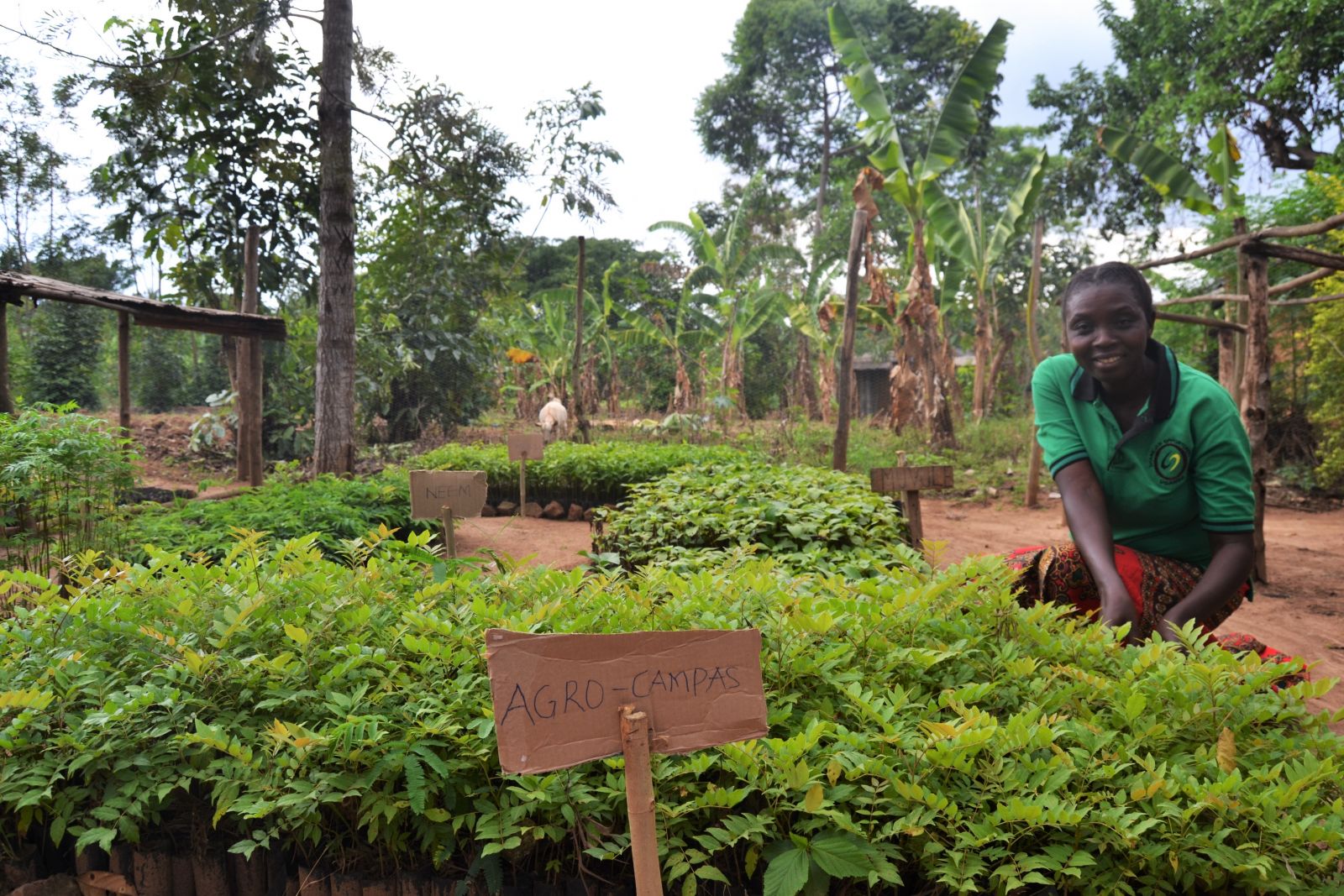
Millions of trees in the programme grow in 39 seminars managed by the local population of Mbale. Most of them belong to agro-forest species, suitable for the agricultural model that joins trees and crops. But they also produce tree plants that grow rapidly to meet the needs of local people in their daily lives, primarily for firewood.
“The trees,” the organization explains, will offer food, fuel and building materials, as well as economic income to alleviate poverty. But in addition, people will protect them from the earthquakes that are causing death as a result of deforestation.”
In the Mbale district of 450,000 inhabitants – 850 km², Bizkaia has 522, imagine...– the Lubis are becoming more frequent. This year those affected by the torrential rains of June have killed six citizens and left another 600 homeless. The October 2018 ones were even tougher, with over 120 deaths.
Mt, formed by farmers' associations in the region. Elgon Agroforestry Communities Cooperative is one of the major witnesses to the Galeste funded forest repopulation programme. It brings together three thousand labourers, most of whom produce first-class Arabic coffee but who, at the same time, have great difficulty selling: “Our peoples are very far away and it is hard for us to make our coffee known in the world.”
In addition to remoteness, the baserritars on the slopes of Mount Elgon have also suffered damage from climate change, rainfall has changed, storms have hardened and storms have increased and landslides have sunk many farms. They have also suffered from wagering on a single crop, on coffee, to the extent that the previous cooperative has been ruined. That is why now, in addition to export coffee, they want to produce bananas, vegetables, milk, honey, etc. for the local market, reinforcing the cultivation fields with trees and forests in the agro-forestry model.
.jpg)
Caring for someone like our home
The European project promoting reafforestation in Uganda is called Size of Wales in English and Maint Cymru in Welsh: in Basque it is said that the size of Wales or the size of Wales. In other words, Wales, with two million hectares, has assumed the responsibility of protecting another two million hectares of tropical rainforests in other parts of the world.
Throughout history, Wales has seen its forests declining without interruption and in recent years it has been working on planting trees and fences. “However, as the project leaders say, both from the point of view of climate change and from the point of view of the need to reduce poverty, the real tropical concern for the world is due to the destruction of forests, with the detriment that this entails for the food, life and lives of the people living in them.”
Since its founding in 2010 by the Welsh Self-Government, Size of Wales has supported 20 projects in Africa and Latin America, including the Uganda Mbale Trees programme. There is talk of protecting as many hectares of forests as the surface of Wales: two million hectares, that is, two million rugby fields. “But the loss of the planet’s tropical forests continues at a terrible rate, destroying 12 million a year, 4 million in Africa.”
Size of Wales does not buy tropical forests or promote shopping: “We firmly believe that we must help people who live and live in these forests to take care of them and pass them on to their children, that we should not remove them by buying.”
Like the impact of forest destruction on climate change, there has recently been much debate about the ability of tree plantations to remedy the problem, the extraction of carbon from the atmosphere. Last July, the scientific journal Science launched the study “The global tree restoration potential”, which the main media summarized with titles such as CBS: “Planting a billion trees would be the ‘most effective solution’ to climate change, according to a study.” A trillion trees... we're far away!
Much has been learned over the years from the controversial boundaries and differences of massive forest plantations, particularly from the experiences demonstrated in the African Sahel and China. The weaknesses of the Size of Wales intention, including the shortage of money, are also evident. But the idea has its strength for the Basques: those of us who bring almost all natural resources such as food, are we not going to strengthen a territory like ours - at least?
Today’s Venice is built on an archipelago of 118 islands. These islands are connected by 455 bridges. The city is based on mud rather than Lura. Millions of trees in the area were cut down from the 9th century onwards to build piles and cement the city. Years have passed and... [+]
Lurrak guri zuhaitzak eman, eta guk lurrari egurra. Egungo bizimoldea bideraezina dela ikusita, Suitzako Alderdi Berdearen gazte adarrak galdeketara deitu ditu herritarrak, “garapen” ekonomikoa planetaren mugen gainetik jarri ala ez erabakitzeko. Izan ere, mundu... [+]
Eskola inguruko natur guneak aztertu dituzte Hernaniko Lehen Hezkuntzako bost ikastetxeetako ikasleek. Helburua, bikoitza: klima larrialdiari aurre egiteko eremu horiek identifikatu eta kontserbatzea batetik, eta hezkuntzarako erabiltzea, bestetik. Eskola bakoitzak natur eremu... [+]
Agintari gutxik aitortzen dute publikoki, disimulurik eta konplexurik gabe, multinazional kutsatzaileen alde daudela. Nahiago izaten dute enpresa horien aurpegi berdea babestu, “planetaren alde” lan egiten ari direla harro azpimarratu, eta kutsadura eta marroiz... [+]
Biologian doktorea, CESIC Zientzia Ikerketen Kontseilu Nagusiko ikerlaria eta Madrilgo Rey Juan Carlos unibertsitateko irakaslea, Fernando Valladares (Mar del Plata, 1965) klima aldaketa eta ingurumen gaietan Espainiako Estatuko ahots kritiko ezagunenetako bat da. Urteak... [+]
Nola azaldu 10-12 urteko ikasleei bioaniztasunaren galerak eta klima aldaketaren ondorioek duten larritasuna, “ez dago ezer egiterik” ideia alboratu eta planetaren alde elkarrekin zer egin dezakegun gogoetatzeko? Fernando Valladares biologoak hainbat gako eman dizkie... [+]
Eskoziako Lur Garaietara otsoak itzularazteak basoak bere onera ekartzen lagunduko lukeela adierazi dute Leeds unibertsitateko ikertzaileek.. Horrek, era berean, klima-larrialdiari aurre egiteko balioko lukeela baieztatu dute, basoek atmosferako karbono-dioxidoa xurgatuko... [+]















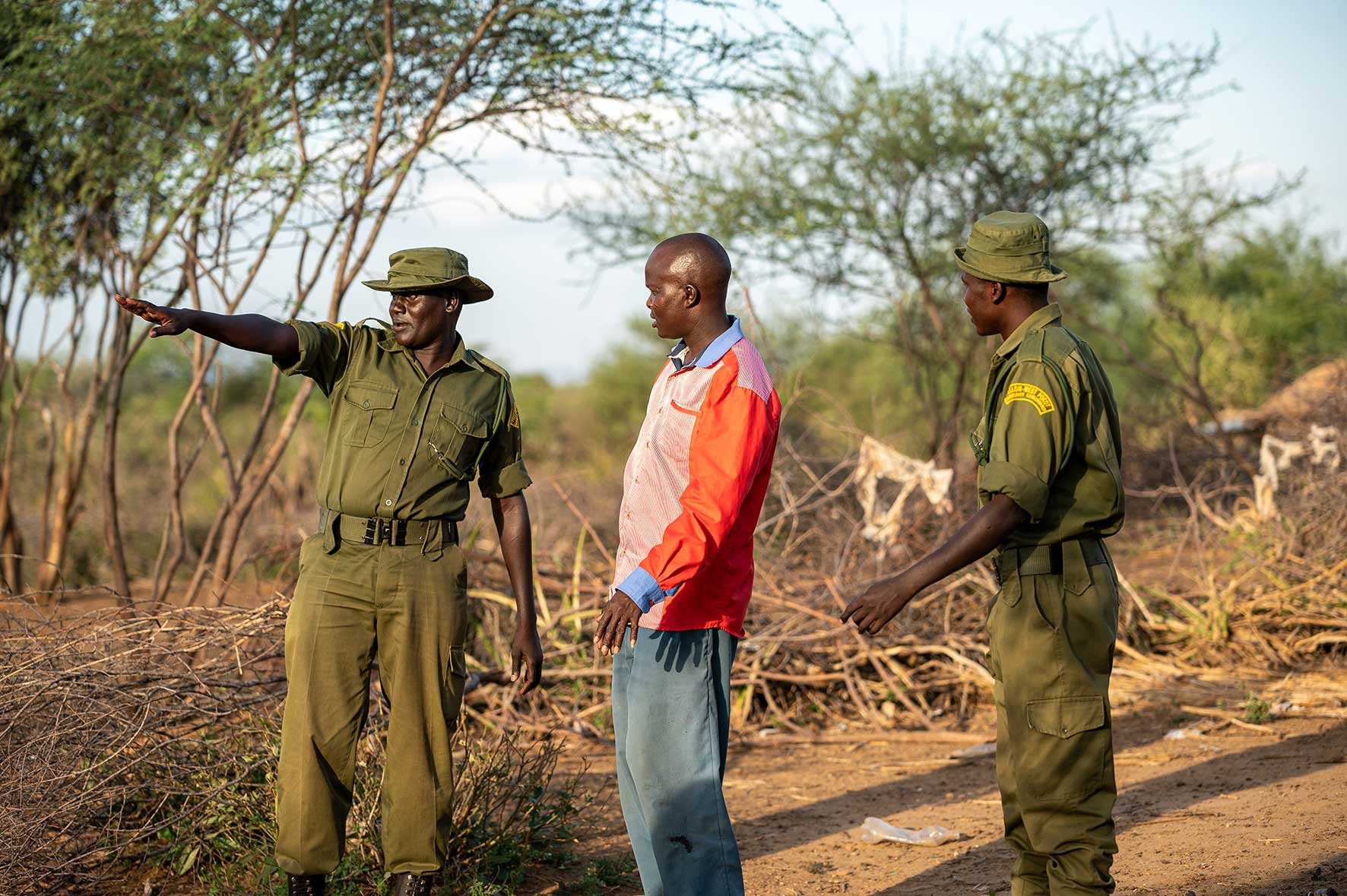
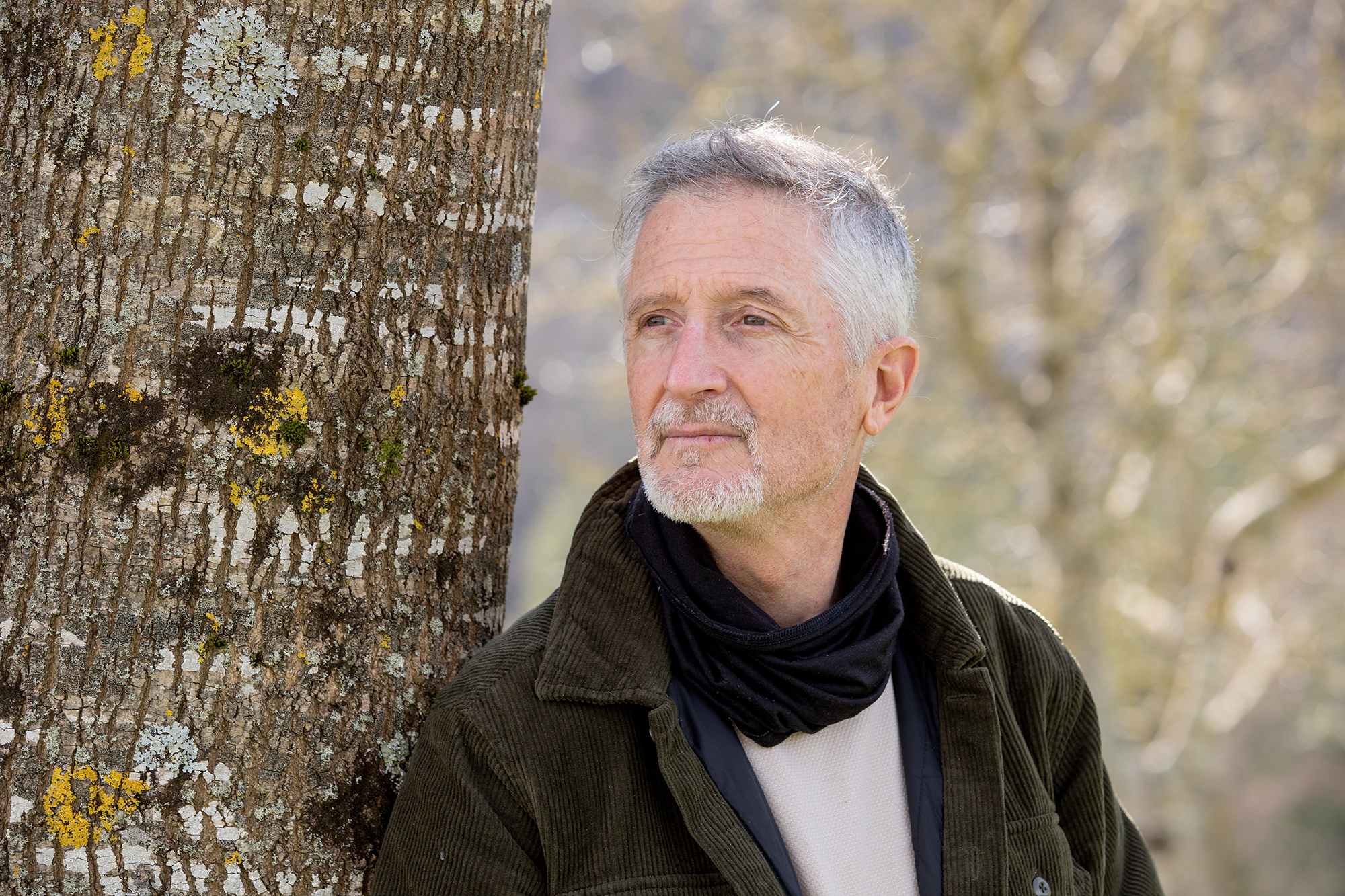

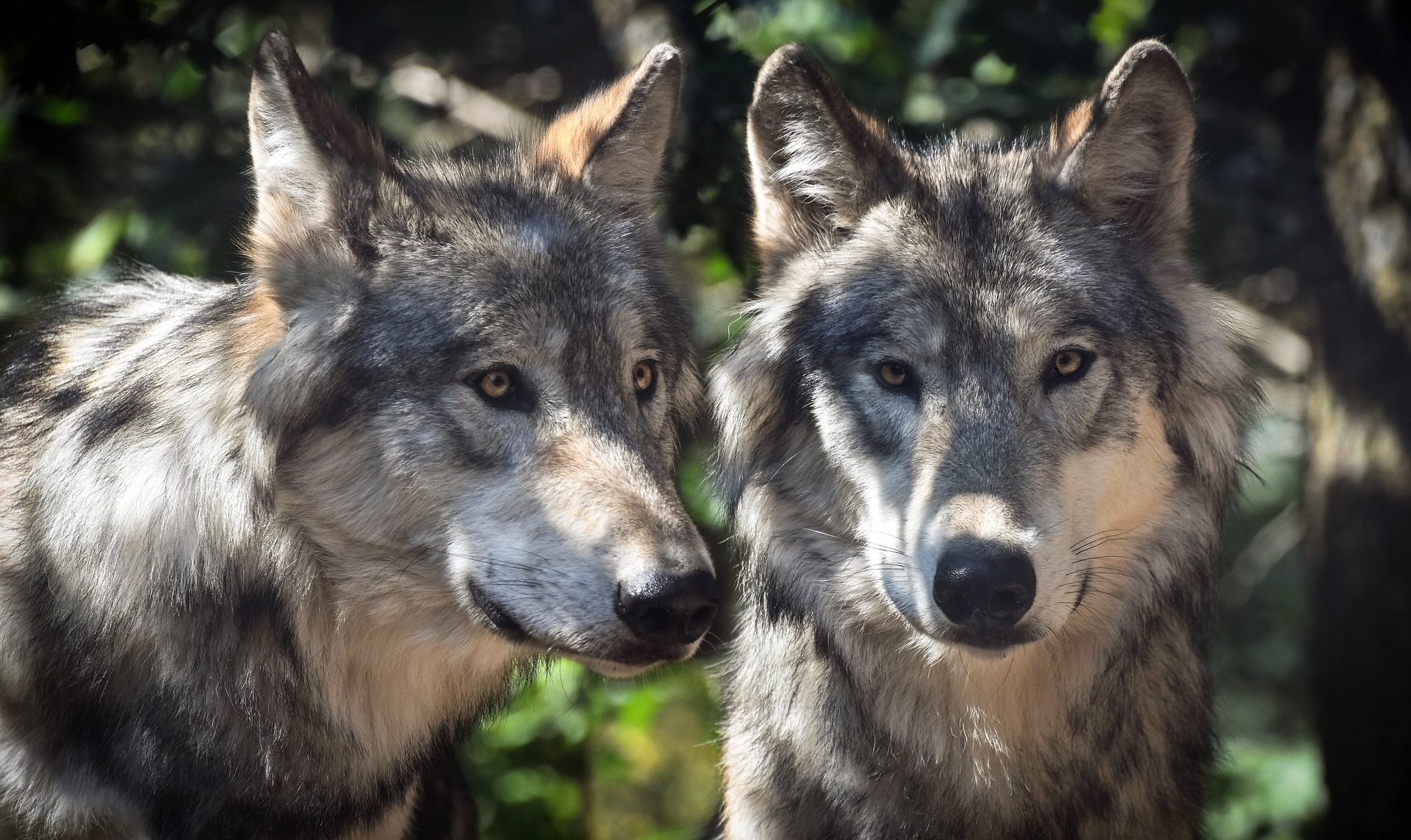
_Glaciar.png)
